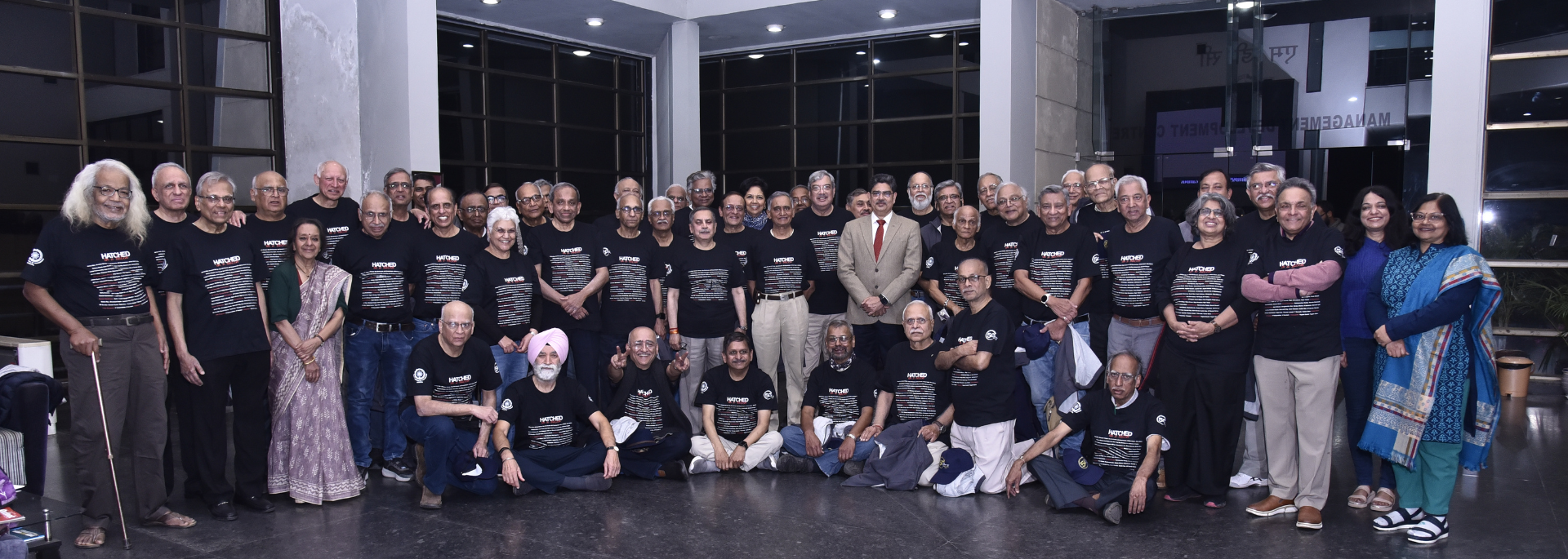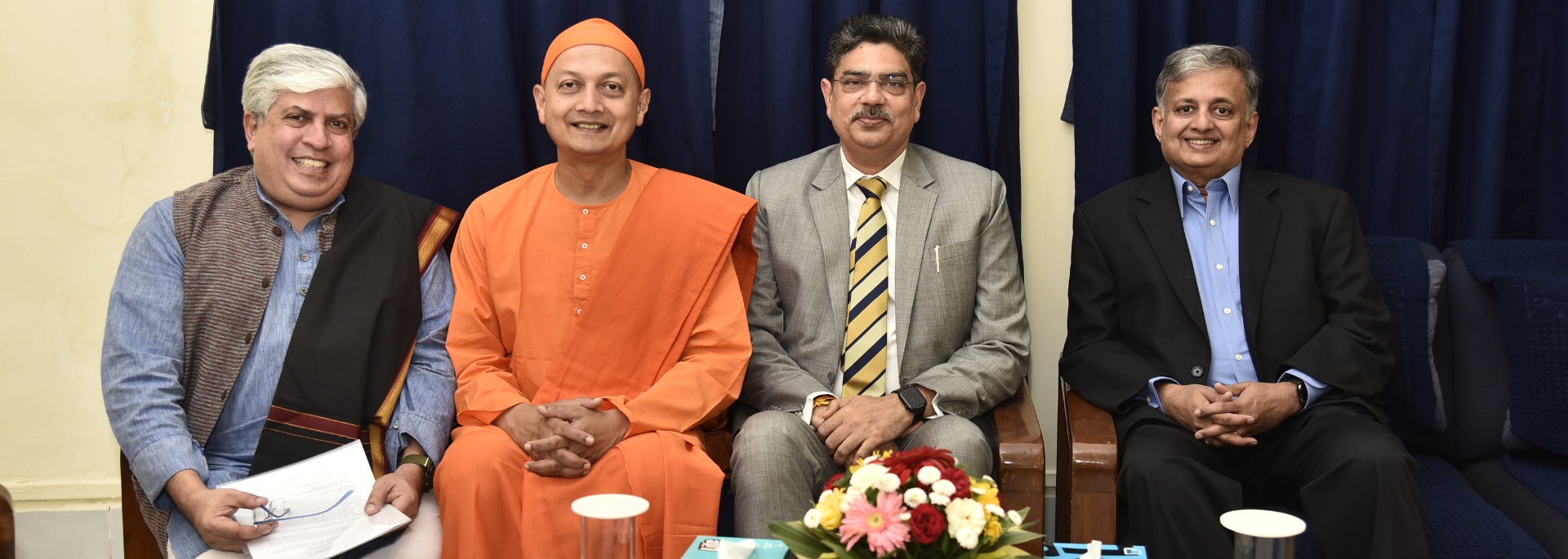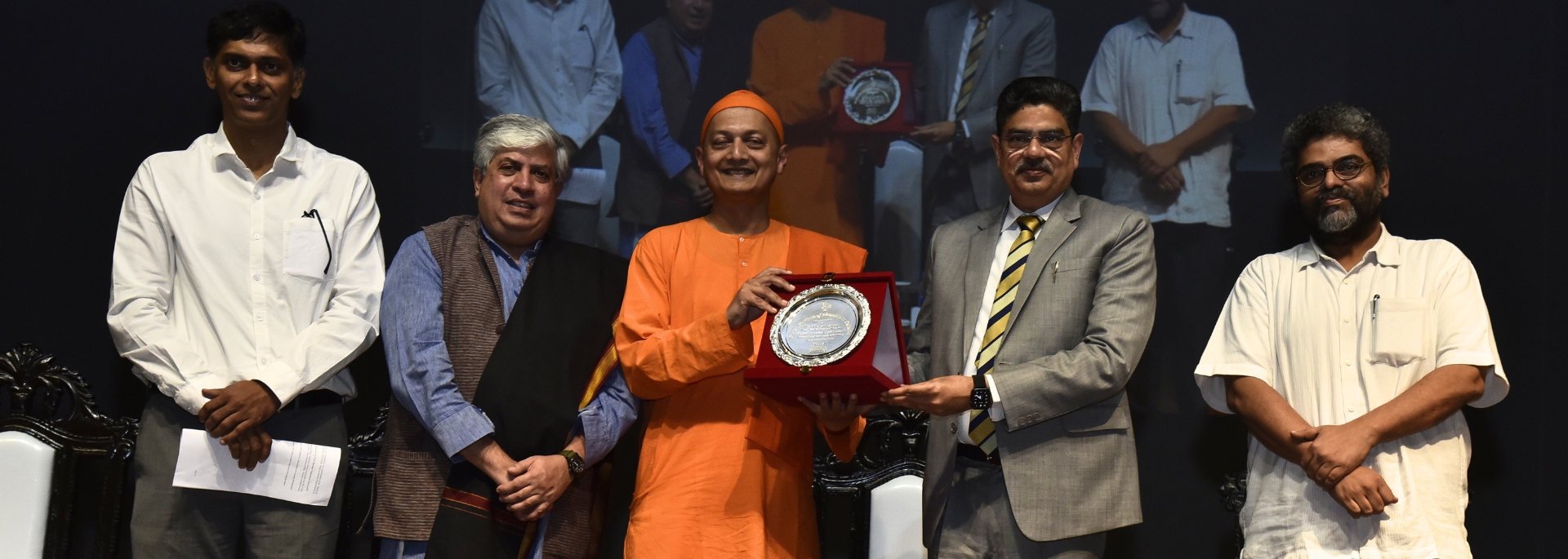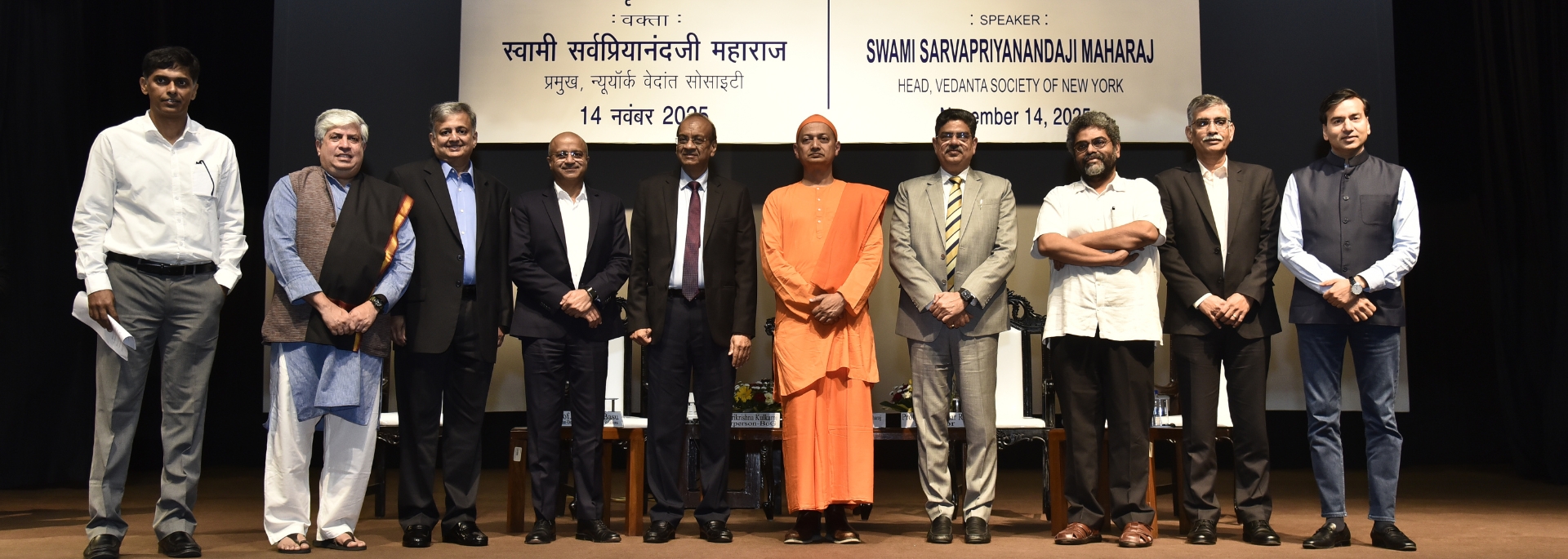| Sl. No. | Academic Group | Course Name | Course Code | Course Instructor(s) | Course Objectives |
|---|---|---|---|---|---|
| 1 | Marketing | Pricing Decisions | Dr. Ritu Mehta |
| |
| 2 | Marketing | Consumer Behaviour | Dr. Prashant Mishra |
| |
| 3 | Marketing | Sales and Distribution Management | Dr. Ramendra Singh |
| |
| 4 | Marketing | AI ML Applications in Marketing | Dr. Saravana Jaikumar |
| |
| 5 | Economics | The Modern Firm-In Its Value Net | Dr. Arijit Sen |
| |
| 6 | Organisational Behaviour | Effective Political Skills for Career Success | Dr. Nimruji Prasad J |
| |
| 7 | Finance and Control | Investment Analysis and Portfolio Management | Dr. Vivek Rajvanshi |
| |
| 8 | Finance and Control | Business Valuation | Dr. Arpita Ghosh and Dr. Samit Paul |
| |
| 9 | Operations | Business Forecasting | Dr. Sahadeb Sarkar |
| |
| 10 | Operations | Project Management | Dr. Subrata Mitra |
| |
| 11 | MIS | Cybersecurity for Business | Dr. Anik Mukherjee |
| |
| 12 | MIS | Business Analytics for Managerial Decisions | Dr. Soumyakanti Chakraborty |
| |
| 13 | MIS | High-Tech Product Management | Mr. Arun Sreelalan Iyer |
| |
| 14 | Strategy | Strategy as Practice: The Social and Political in Strategy Work | Dr. Biswatosh Saha |
| |
| 15 | Strategy | Strategic Leadership | Dr. Anirvan Pant |
| |
| 16 | Strategy | Mergers, Acquisitions, and Divestments: Strategic and Financial Aspects of Corporate Control | Dr. Sris Chatterjee |
| |
| 17 | Strategy | Industry, Strategy and Performance | Dr. Ranjan Das |
|
| Sl. No. | Academic Group | Course Name | Course Code | Course Instructor(s) | Course Objectives |
|---|---|---|---|---|---|
| 1 | Marketing | Pricing Decisions | MK-EX 120 | Dr. Ritu Mehta |
|
| 2 | Marketing | Consumer Behaviour | MK-EX 111 | Dr. Prashant Mishra |
|
| 3 | Marketing | Sales & Distribution Management | MK-EX 113 | Dr. Ramendra Singh |
|
| 4 | Economics | The Modern Firm-In Its Value Net | EC-EX 106 | Dr. Arijit Sen |
|
| 5 | Economics | Behavioural Economics for Executives | EC-EX 113 | Dr. Somdeep Chatterjee |
|
| 6 | Economics | Econometric Tools to analyse data for Business Managers | EC-EX 108 | Dr. Manisha Chakrabarty |
|
| 7 | Organisational Behaviour | Leading People | OB-EX 109 | Dr. Chetan Joshi |
|
| 8 | Organisational Behaviour | Designing Effective Political Skills for Career Success | OB-EX 112 | Dr. Nimruji Prasad J |
|
| 9 | Strategy | Strategy as Practice: The Social and political in Strategy work | SM-EX 128 | Dr. Biswatosh Saha |
|
| 10 | Strategy | Mergers, Acquisitions, and Divestments: Strategic and Financial Aspects of Corporate Control | SM-EX 113 | Dr. Sris Chatterjee |
|
| 11 | Strategy | Industry, Strategy and Performance | SM-EX 112 | Dr. Ranjan Das |
|
| 12 | Strategy | Coopetition | SM-EX 122 | Dr. Kaushik Roy |
|
| 13 | Finance & Control | Business Valuation | FI-EX 116 | Dr. Arpita Ghosh Dr. Samit Paul |
|
| 14 | Human Resource Management | AI in HR | HR-EX 105 | Dr. Dharma Raju Bathini |
|
| 15 | Operations Management | Business Forecasting | OM-EX 113 | Dr. Sahadeb Sarkar |
|
| 16 | Operations Management | Project Management | OM-EX 107 | Dr. Subrata Mitra |
|
| 17 | Operations Management | Agile, DevOps, and HyperTech in Project Management Practices | OM-EX 121 | Mr. Saikat Dutt |
|
| 18 | Management Information System | Business Analytics for Managerial Decisions | MI-EX 114 | Dr. Soumyakanti Chakraborty |
|
| 19 | Management Information System | Cybersecurity for Business | MI-EX 271 | Dr. Anik Mukherjee |
|
| 20 | Management Information System | Network Analytics | MI-EX 268 | Dr. Uttam Kumar Sarkar |
|
| 21 | Management Information System | Managing Technology and Information Systems for Industry 4.0 | MI-EX 266 | Mr. Atanu Ghosh |
|













